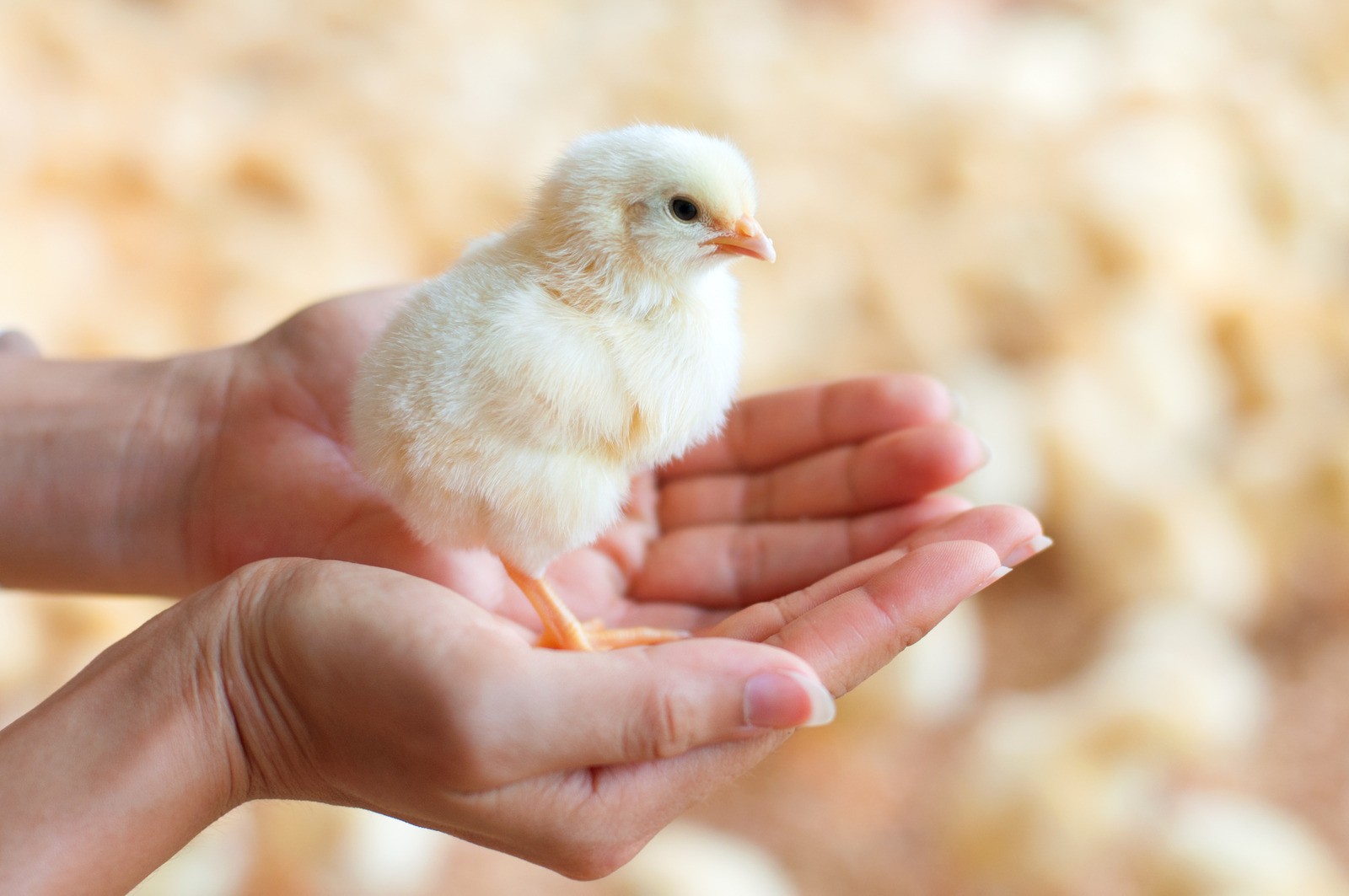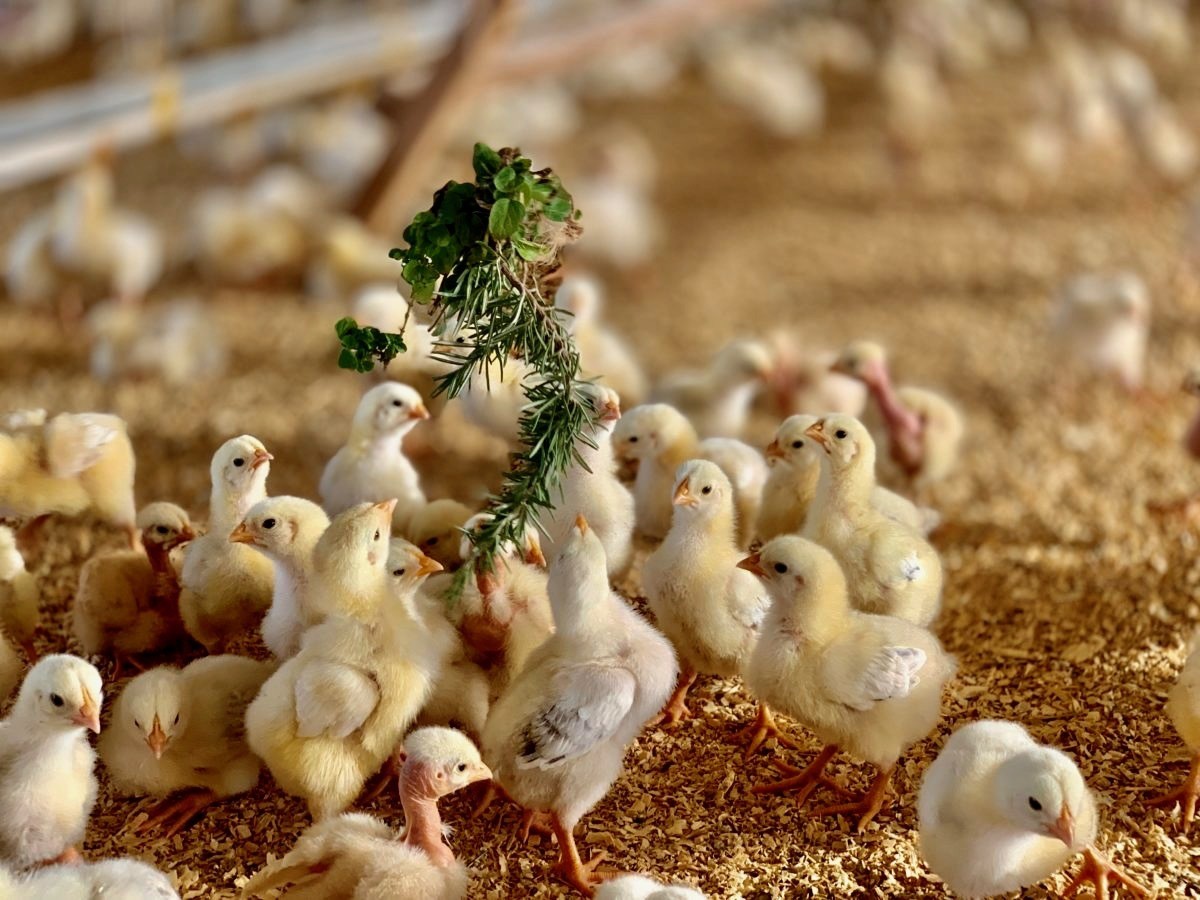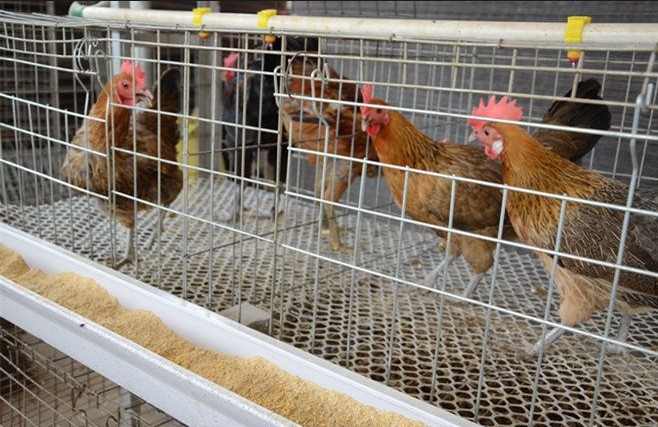Understanding Broiler Chickens
Broiler chickens play a vital role in the poultry industry due to their ability to grow rapidly and produce high-quality meat. These chickens are bred specifically for meat production, offering a reliable source of protein for millions of people worldwide. But what exactly are broiler chickens, and why are they favored for meat production?
What is a Broiler Chicken?
A broiler chicken, also known as a broiler hen, is a type of chicken raised primarily for meat. These chickens are genetically selected to grow quickly and have large breast muscles, providing the white meat that is highly sought after in various cuisines. Typically, broilers reach market weight within six to eight weeks, making them an economical choice for meat production.
Characteristics of Broiler Chickens
Broiler chickens are distinct in several ways. They have a robust build with large breast muscles, which are the primary source of white meat. Additionally, broilers have a relatively short lifespan, usually kept for about six weeks before being processed for meat. This short growth cycle is one of the key factors that make them popular among poultry farmers.
Feeding and Caring for Broiler Chickens

Proper nutrition and care are crucial for raising healthy broiler chickens. Knowing what to feed meat chickens and how to manage their living conditions can significantly affect their growth and overall health.
What to Feed Meat Chickens
The diet of broiler chickens should be high in protein to support their rapid growth. Commercial broiler feed is specially formulated to meet these nutritional needs, but it’s essential to ensure they have constant access to clean water and balanced feed. Feeding meat birds a diet rich in essential nutrients helps promote healthy development and optimal meat quality.
Best Feed for Meat Chickens
For the best results, broiler poultry should be given a diet that includes a mix of grains, proteins, vitamins, and minerals. Commercial feeds are often the most convenient option as they are specifically designed to meet the dietary requirements of broilers. Ensuring a consistent and adequate feed supply is key to achieving the desired growth rates.
Feeding Meat Birds
Feeding schedules should be regular, with an emphasis on providing fresh feed daily. It’s also important to monitor the feed intake and adjust portions based on the age and growth rate of the chickens. Proper feeding not only supports growth but also helps maintain the health and well-being of the flock.
Housing and Space Requirements
Broiler chickens need adequate space to move around and grow. Overcrowding can lead to health issues and hinder growth. It’s recommended to provide at least one square foot of space per bird to ensure they have enough room to thrive.
How Much Space Do Meat Chickens Need?
Providing sufficient space is crucial for the welfare of broiler chickens. Crowded conditions can lead to stress and increased susceptibility to diseases. Ensuring each bird has enough space to move freely helps promote better health and growth.
Health and Management of Broiler Chickens

Maintaining the health of broiler chickens involves more than just feeding them properly. Regular health checks, proper hygiene, and disease prevention measures are essential components of broiler management.
Common Health Issues
Broiler chickens can be prone to certain health issues, including respiratory problems and leg disorders due to their rapid growth. Regular monitoring and early intervention are crucial to managing these issues effectively.
Preventing Diseases
Good hygiene practices and biosecurity measures can help prevent the spread of diseases in a broiler flock. This includes regular cleaning of housing facilities, proper disposal of waste, and limiting access to the flock by visitors.
Lifespan of Broiler Chickens
The lifespan of broiler chickens is relatively short, typically around six to eight weeks. This short lifespan is due to their rapid growth rate, which can put a strain on their bodies if they are kept longer.
Why Broilers Should Not Be Kept Longer Than 6 Weeks
Keeping broilers for longer than six weeks can lead to health complications such as heart and leg problems. Their bodies are not designed to support prolonged growth, making it crucial to process them within the recommended timeframe.
Types of Broiler Chickens

There are various breeds of broiler chickens, each with its own unique characteristics. Selecting the right breed can depend on factors such as growth rate, meat quality, and environmental adaptability.
Good Meat Chickens
Some of the most popular breeds for meat production include Cornish Cross, White Rock, and Red Ranger. These breeds are known for their fast growth and excellent meat quality, making them ideal choices for broiler production.
Broiler Meat Quality
The quality of broiler meat is influenced by factors such as diet, breed, and overall health. Ensuring proper care and nutrition can result in tender, flavorful meat that meets consumer preferences.
Types of Chickens to Eat
In addition to broilers, other types of chickens can be raised for meat, including dual-purpose breeds like Plymouth Rock and Rhode Island Red. These breeds offer a balance of meat and egg production, making them versatile options for small-scale farmers.
Conclusion
Understanding the basics of broiler chicken farming can help ensure successful meat production. From selecting the right breed to providing proper nutrition and care, every aspect plays a crucial role in raising healthy, high-quality broilers. By following best practices in broiler management, farmers can achieve optimal growth rates and produce meat that meets market demands.

